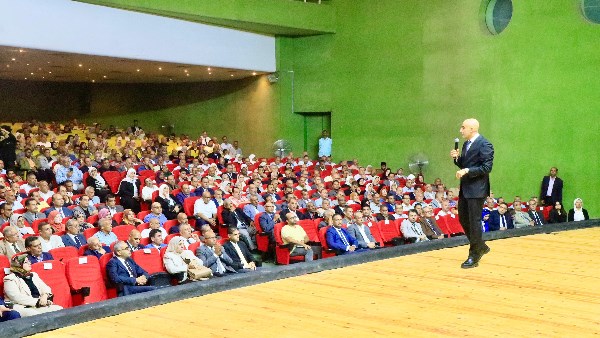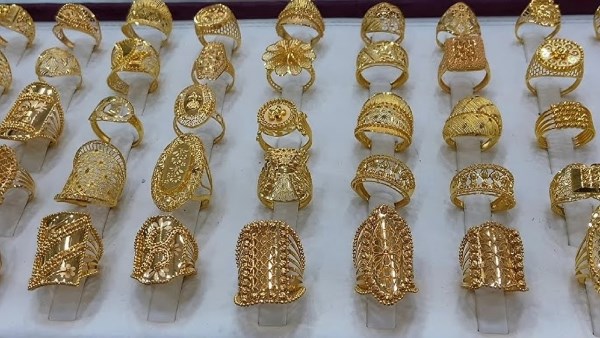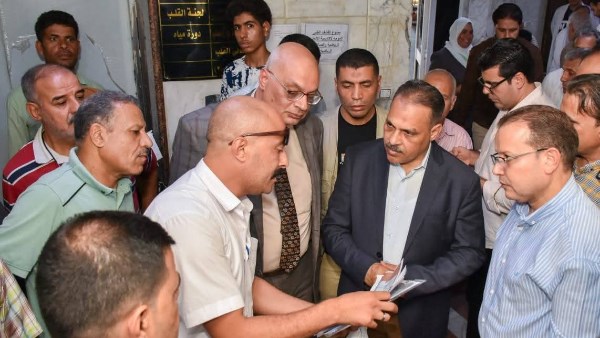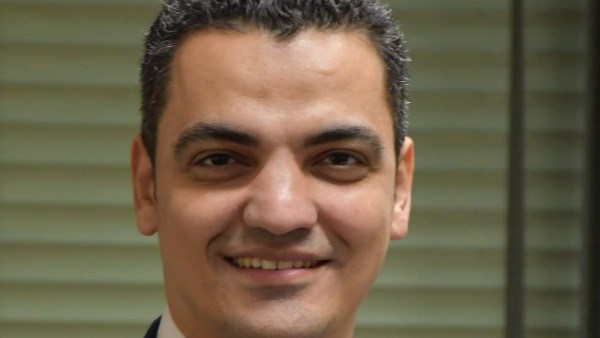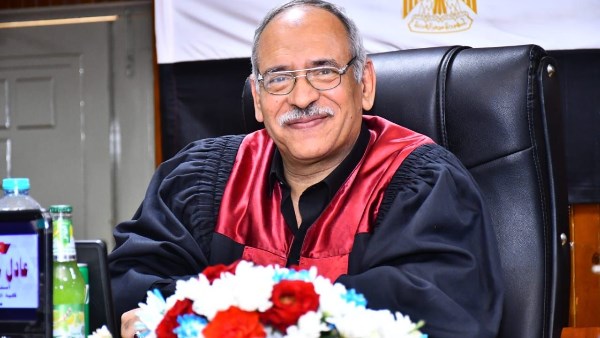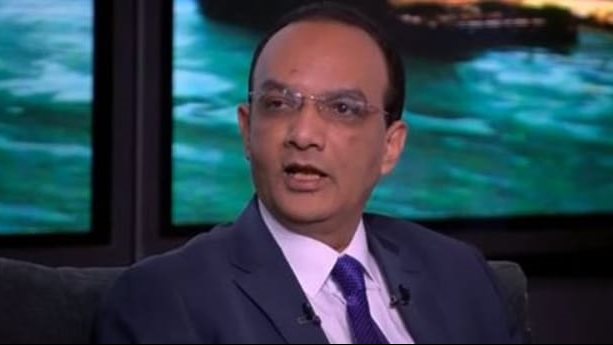Thailand votes to ban commercial surrogacy

Thailand’s parliament has voted to ban commercial surrogacy after outrage erupted over the unregulated industry following a series scandals including the case of an Australian couple accused of abandoning a baby with Down syndrome.
A draft bill, which would see those caught profiting from surrogacy punished with up to ten years in prison, passed its first reading in the country’s military-stacked parliament on Thursday, legislators said Friday.
In a case that also caused widespread concern inside Thailand, police believe a Japanese man fathered at least 15 babies with surrogate mothers for unknown motives.
“We want to put an end to this idea in foreigners’ minds that Thailand is a baby factory,” lawmaker Wallop Tungkananurak said. “The bill was adopted with overwhelming support.”
A copy of the bill seen by AFP also forbids “any middlemen or agencies … receiving any assets or benefits” through the surrogacy process. Under its current wording it is unlikely foreigners will be able to use Thailand as a surrogacy destination with the same ease they once enjoyed.
The murky industry came under intense scrutiny this summer after a series of surrogacy scandals broke involving foreigners, prompting the promise of a crackdown by Thailand’s military junta, which took power in a May coup.
Dozens, possibly hundreds, of foreign couples are thought to now be in limbo after entering into surrogacy arrangements through clinics in the kingdom.
Commercial surrogacy has always been officially banned by Thailand’s Medical Council, but until recently even top fertility clinics were believed to offer the service.
“Hundreds of intended parents from Australia, or the U.S. and European countries currently have pregnancies under way with Thai surrogates,” Sam Everingham, from Families Through Surrogacy in Australia, said.
He added that the junta’s vow to clamp down on the industry had caused huge confusion among families looking for surrogates, pushing some families to opt for lesser known destinations such as Nepal and Mexico.
“The situation is at the moment very complicated,” he said. “Many Thai employees of surrogacy agencies have fled, some Thai hospitals have refused to accept surrogacy births, and foreign intended parents have been very stressed and concerned about the health of their surrogates.”
In August, a Thai mother who ca



